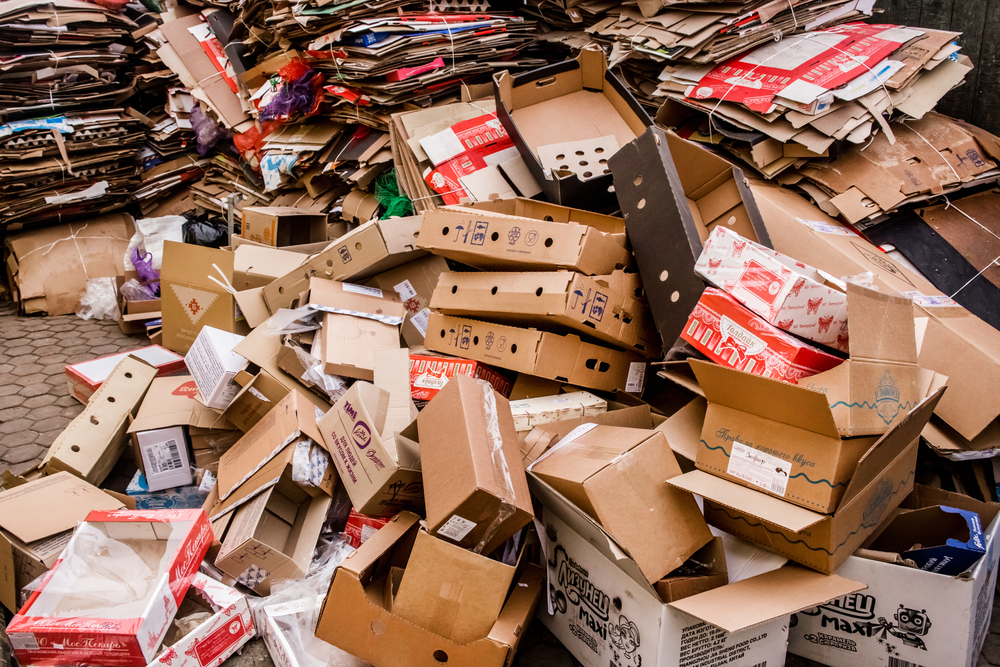How can you be too expensive when you make less than $1.50 an hour?
Anita Roddick | November 2003 issue
Selina lives and works in the port city of Chittagong in Bangladesh. She works a 13 to 14 hour daily shift. During the busy season, she works a gruelling nineteen-and-a-half hour shift every other day. She and her colleagues sleep on the floor. They work seven days a week. She gets paid seven cents an hour. Selina has had just two days off in the last four months. She works sewing the ‘Sportrax’ label for the largest company in the world: Wal-Mart. Selina is 13 years old.
In Bangladesh, where there are 1.8 million workers in 3,600 factories sewing garments for export to Europe and the US. An estimated 800,000 are adolescent girls and teenagers. There is not one single union. They have no idea what wages are in other parts of the world. They’ve never heard of the ILO or WTO.
Corporations continue to hide the factories they use around the world to make the goods we purchase. In the last two years, 500 maquiladora export assembly factories have shut down in Mexico, throwing 218,000 workers out on the street. With an average hourly wage of $1.26 they were just too expensive. Right now, in two of the poorest countries in Latin America, Nicaragua and Honduras, factory workers report that management is telling them that they should get ready to work harder and longer for lower wages, because there are 1,000 people in China lined up and ready to take each of their jobs…and if they don’t like it, the company will just have to shut down the plant and leave.
But what happens when the workers dare stand up to ask that their basic rights be respected? When young women in Bangladesh, being paid just five cents for every $17.99 Disney shirt they sewed, asked for one day a week off and for an end to the beatings, the Walt Disney Company responded by pulling its work from the factory. This was the worst thing Disney could have done. These women needed these jobs, but they wanted to be treated as human beings.
Workers struggling for their rights across the developing world cannot succeed if there is not also simultaneous pressure on the corporations in their marketplaces. This is where the consumer comes in. If enough of us care, and if enough of us act… well, the squeaky wheel gets the grease. I am not talking about a boycott. It must be the very opposite – what is desperately needed are campaigns to keep jobs in the developing world while at the same time working to finally guarantee respect for human and worker rights.
In the long run, we need enforceable laws backed up by sanctions to defend human and worker rights in the global economy – laws which are every bit as strong as the protections currently afforded to corporate products.
In the short-run, there is plenty we can do. We need to highlight – and reward – companies and factories that are doing the right thing. It is time to establish a ‘Preferred Companies’ list, made up of corporations that may not be perfect, but are far better than average and moving in the right direction. I can think of a number of standards that could serve as criteria for companies wishing to make the list. Firstly, we need full public disclosure of all factory names and locations. Wal-Mart, for example uses 4,400 factories in one Chinese province alone. Dragging these factories out into the light will make it much harder to hide child labour and sweatshop abuses. Secondly, businesses should adopt a Code of Conduct which at a minimum calls for strict adherence to all local laws, as well as the core ILO internationally recognised worker rights standards – especially the right to organise. Thirdly, they should also make public, at least once a year, monitoring reports regarding the conditions in their factories. Finally, companies should agree to seriously respond to and resolve allegations of serious worker rights violations brought by local or international organisations, up to and including binding arbitration as a last resort.
Concerned consumers want to know where they can shop and be reasonably sure that the goods they purchase were made under humane conditions. A Preferred Companies list would fill a huge void. I invite corporations wishing to do the right thing to step forward and take the lead, along with religious, labour, student, women’s and human rights organisations in making this a reality.
Please join us and get involved by going to my website (www.anitaroddick.com) or the US-based National Labour Committee’s (www.nlcnet.org), where you will find plenty of concrete ideas on how to take action if you want to take a stand and put a human face on the global economy.











